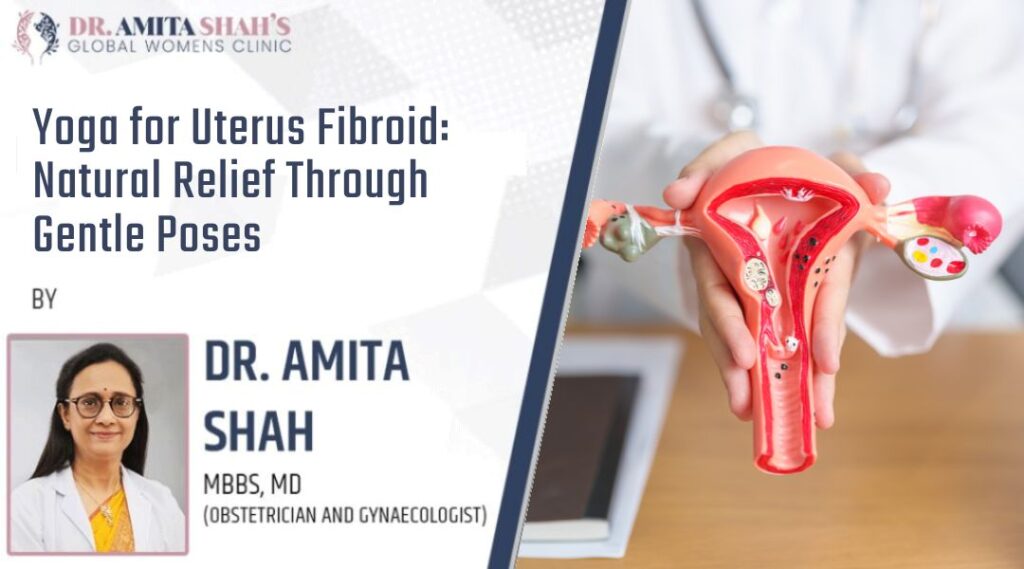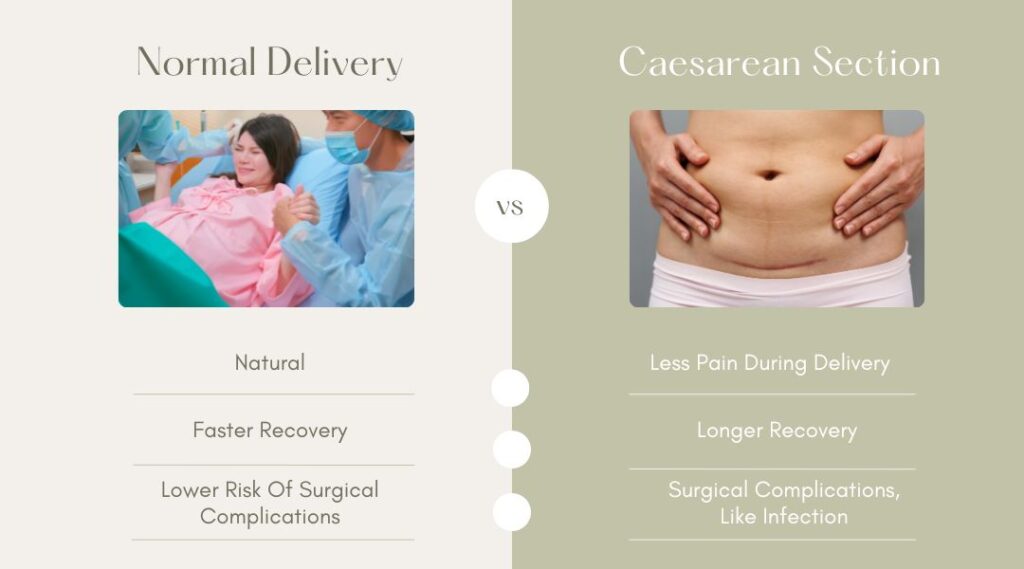Exploring and Correcting Misconceptions About PCOS
Here are 10 PCOS myths that every woman should be aware of to live a healthier life with the PCOS condition.
-
It is Impossible to Lose Weight with PCOS
One of the most common misconceptions concerning PCOS is that women with the condition can never lose weight. Many women with PCOS report that even if they exercise more and eat less, the weight continues to accumulate. However, PCOS is not responsible for weight gain.
It may be difficult to regulate your weight if you have PCOS, but it is not impossible.
If you live a healthy lifestyle yet still struggle to lose weight, you may be insulin-resistant. Furthermore, the notion that weight loss is merely a matter of calories in against calories out is oversimplified, as weight loss is far more difficult than that. And when you have PCOS, you have to be extra careful with your lifestyle.
To stress your muscles, try varying your routines and include additional resistance training. Changing your diet to include more protein and less grains, fruits, and starchy vegetables.
-
You Did Something to Trigger It
Although the actual cause of PCOS is unknown, you should not blame yourself for causing it because a variety of factors are thought to have a role.
-
You Can’t Get Pregnant with PCOS
PCOS can wreak havoc on your pregnancy, but that isn’t true for everyone. You should speak with a doctor about reproductive treatment for PCOS. A variety of drugs can also boost ovulation, which is the main issue that women with PCOS confront.
To avoid negative effects, the key treatment techniques for PCOS are food and lifestyle changes, and adopting a healthy diet along with modest physical exercise or weight loss can improve ovulation.
-
Women with PCOS Have Ovary Cysts
Although the term polycystic ovary syndrome refers to ovarian cysts, it is not entirely accurate. Many PCOS women do not have cysts, and having cysts does not guarantee you have PCOS. PCOS can be defined as immature follicles that surround the ovaries as a result of a sex hormone imbalance. The follicles look like cysts, but they are not the same thing.
A woman must have two of the three criteria – androgen excess, irregular menstruation, or numerous follicles/cysts – to be diagnosed with PCOS.
People believe the word PCOS is deceptive, which leads to the difficulty in diagnosing more women. As a result, a new nomenclature for PCOS has been proposed that focuses on the metabolic features that women with PCOS may face rather than cysts or ovaries.
-
PCOS is a Rare Condition
It is estimated that 5 to 10% of women of reproductive age have PCOS, which equates to around 5 million women. As a result, the illness is one of the most frequent hormonal endocrine disorders among women of reproductive age.
According to the PCOS Foundation, less than half of all women are appropriately diagnosed, implying that millions of women are unaware of their illness.
-
Every Woman with Excess Hair has PCOS
Hirsutism, or abnormal hair growth in women, is one of the most common symptoms of PCOS. Women with PCOS may develop unwanted hair on their upper lip, chin, or chest as a result of an overabundance of androgens. However, not every woman will exhibit the same symptoms. As a result, excessive hair growth in all body areas is merely another PCOS myth.
7. Every Woman with an Irregular Menstrual Cycle has PCOS
PCOS is one of the causes of irregular menstruation, but it can also be caused by other health issues or lifestyle variables, such as an overactive or underactive thyroid gland. As a result, saying that every woman with irregular periods has PCOS is not correct.
-
You Must Take Metformin
Metformin is a common diabetes medicine that is routinely administered to women suffering from PCOS, even though it is not approved for the treatment of PCOS. It simply aids in the reduction of glucose and insulin levels, which can enhance menstruation regularity in some people. However, the medicine has some negative effects, including nausea and diarrhoea.
Newer insulin-sensitizing medicines, which can help regulate insulin, are now available to avoid such adverse effects. Furthermore, a healthy diet has been demonstrated to be useful in improving insulin in PCOS.
-
You Don’t Have to Worry About PCOS if You’re Not Looking to Get Pregnant
PCOS can have an impact on a woman’s long-term health as well as her fertility. Because it has been connected to type 2 diabetes, high blood pressure, low cholesterol, sleep apnea, depression and anxiety, and endometrial cancer. Even if you do not intend to become pregnant, you must maintain a healthy lifestyle and visit a doctor about the syndrome.
-
You’ll Know for Sure if You Have PCOS
With typical symptoms like acne, mood swings, and irregular menstrual cycles, it’s simple to attribute them to other sources, such as stress. That is one of the reasons why PCOS is frequently overlooked, and 50 to 70 per cent of women with PCOS go untreated.
As a result, if you are having these symptoms, it is important to contact a gynaecologist to determine the underlying cause.
Call and book your appointment for PCOS with Dr. Amita Shah who is the best gynaecologist in Gurugram.
































